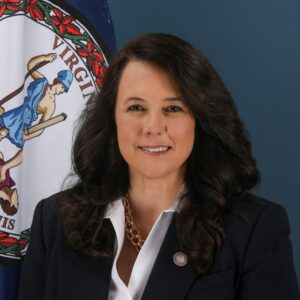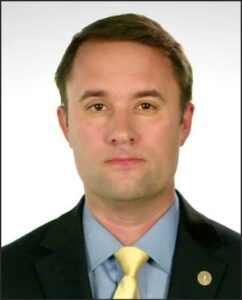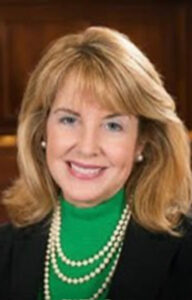 by James C. Sherlock
by James C. Sherlock
I was asked yesterday by a reader about the relationship between nursing homes, rising registered nurse salaries and the new Virginia budget agreement.
Good questions. Virginia’s workforce includes nearly 70,000 registered nurses.
The state pays its workers, but it also pays its Medicaid share for private sector nurses. Pay for private sector workers is based upon market conditions. The market wage for registered nurses nationwide increased dramatically during COVID.
Perhaps the only good thing to come out of that mess was that registered nurses, of whom Virginia has 11% fewer than demand calculated by the federal Health Resources and Services Administration, got very large pay and bonus raises, and the new wage points appear to have stuck.
If the laws of economics work here, that will over time increase the number of nurses if we can educate and train them in the required numbers.
The latest figures from the Bureau of Labor Statistics for all states show that the median wage for an RN in Virginia was $79,700 a year. In Northern Virginia portion of the D.C. metro area, the median was $92,800. The underlying data are a couple of years old.
Wages and bonuses can vary a lot among Virginia hospitals, nursing homes, home health agencies, nursing school staff and government employees, and are higher or lower depending on specialty. The private sector offers $10,000 to $20,000 signing bonuses paid out after the first year.
Employers of course must pay payroll taxes and other expenses related to employees, and thus their costs will generally exceed $100,000 per RN.
Virginia RNs are still underpaid compared to national figures. The mean annual wage for America’s 3 million registered nurses in May was $89,010 compared to Virginia’s $79,900.
The federal Centers for Medicare/Medicaid Services, aware of some of the questionable business models of bad actors in the nursing home industry, published last week a proposed rule to both increase the minimum number of RNs in nursing facilities and to require all nursing facilities to reveal every year how much of the Medicare and Medicaid payouts go to salaries and related expenses.
So, Medicare and Medicaid costs will go up yet again. Continue reading →
 by Scott Lingamfelter
by Scott Lingamfelter





 by Kerry Dougherty
by Kerry Dougherty



